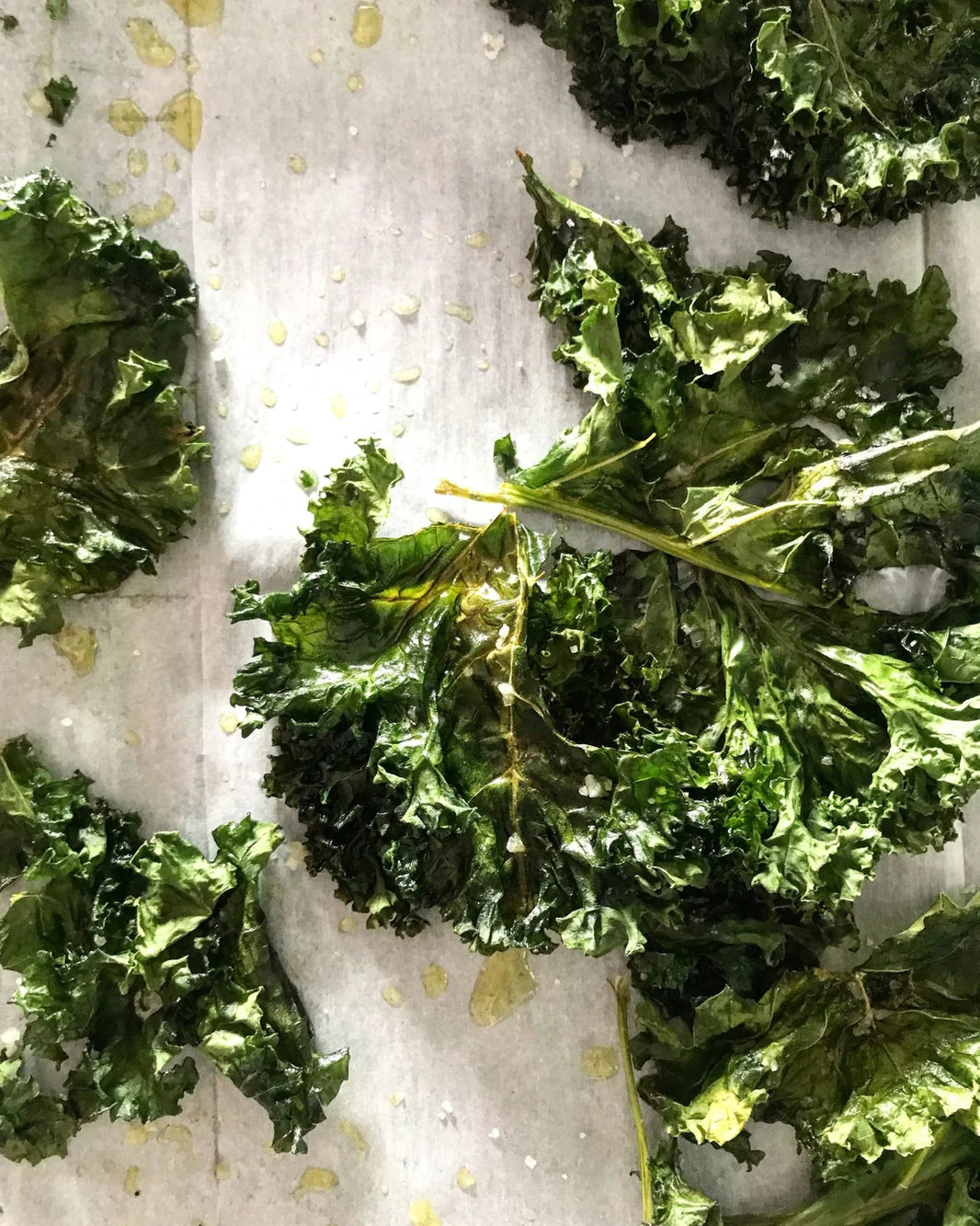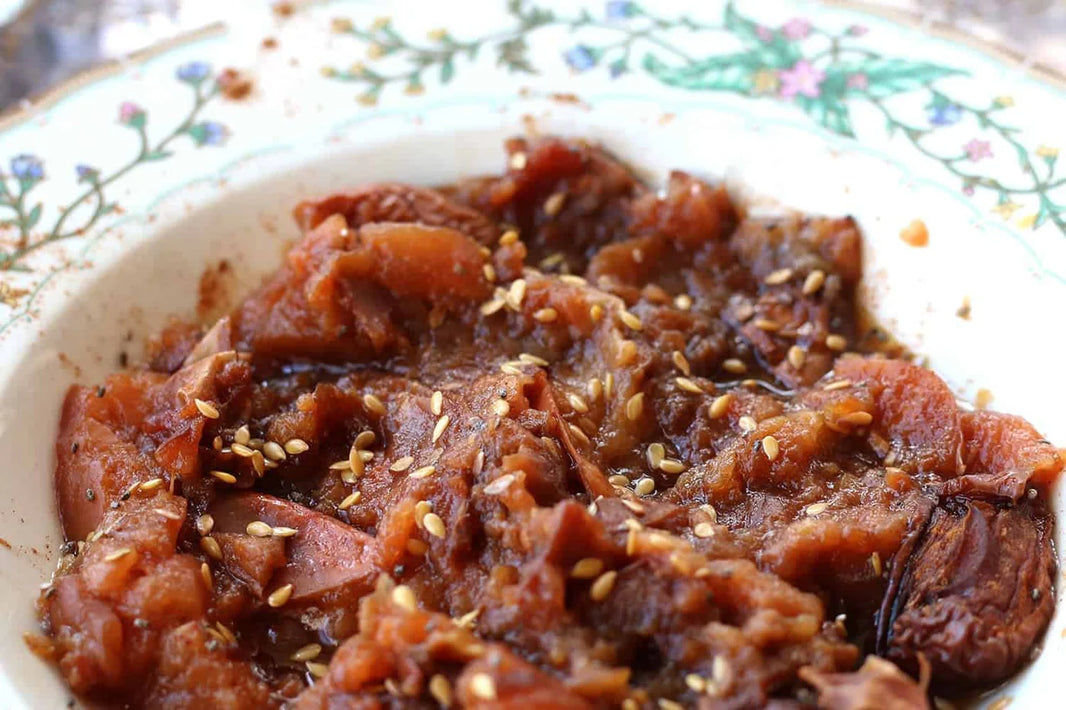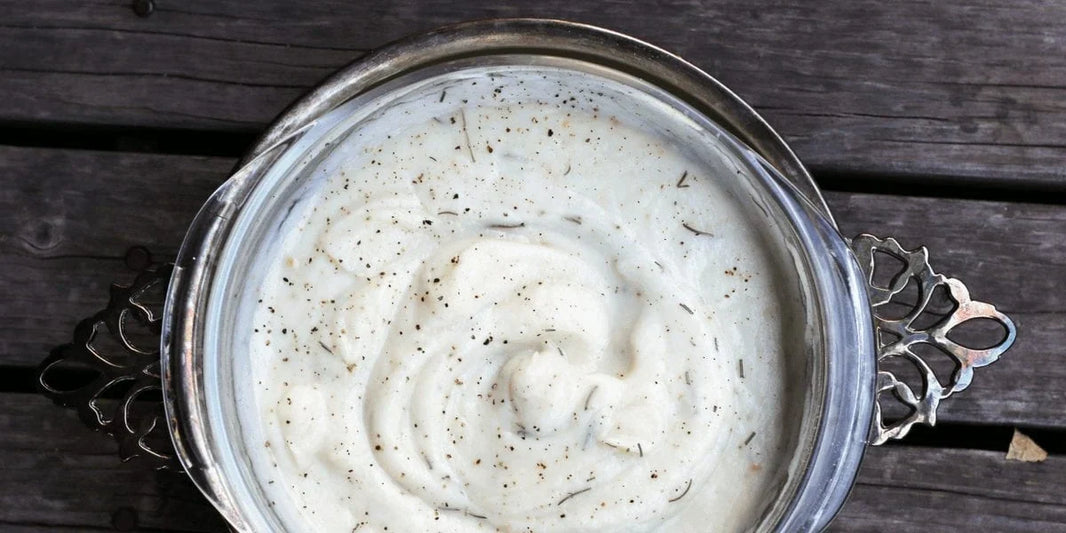Food Focus: Brussels Sprouts
The tiny Brussels Sprouts had made a big comeback!
You can't look at a menu in a trendy restaurant without reading about "crispy" Brussels sprouts.
Brussels sprouts are in the same family of veggies as cabbages and broccoli, known as "cruciferous" vegetables.
Here's a fun piece of trivia: these tiny cabbage look-alikes are named after the Belgian city of Brussels.
Brussels Sprouts Have Many Surprising Benefits
- They are full of antioxidants
- They contain Vitamin K, which can strengthen bones and lessen your chance of fractures
- They are rich in fiber and protein
- They are a great source of Vitamin C, which can help with collagen production

Cruciferous veggies are not for everyone, though. They can commonly cause the following:
- Gas (common)
- Bloating (common)
- Cramping (common)
- Rash
Endless Options
Brussels sprouts can be eaten both raw and cooked. Shaved raw Brussels sprouts can add a fun crunch to the top of a salad.
You may not want to start with raw Brussels sprouts, though, as they can be harder for the body to break down.
The great news is that you can cook them in many ways! You can steam, bake, pan-fry, air fry, or roast them in the oven! The longer you cook Brussels sprouts, the more tender they will be therefore you can choose your own "crunch" level.
For a major crunch, cut your sprouts in half and let the leaves get crisp!
Enhance the flavor profile by adding some lemon juice, garlic, or a sprinkle of salt and pepper.

Help create a solid foundation for yourself with the Daily Essentials Pack. Click Here to learn more.






